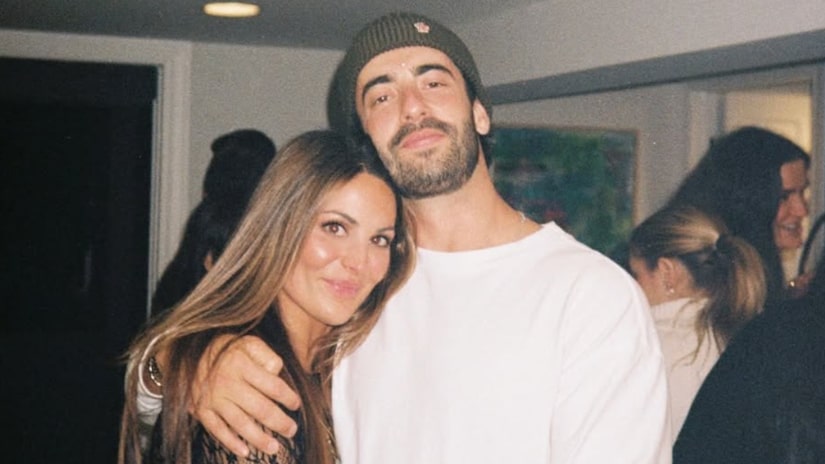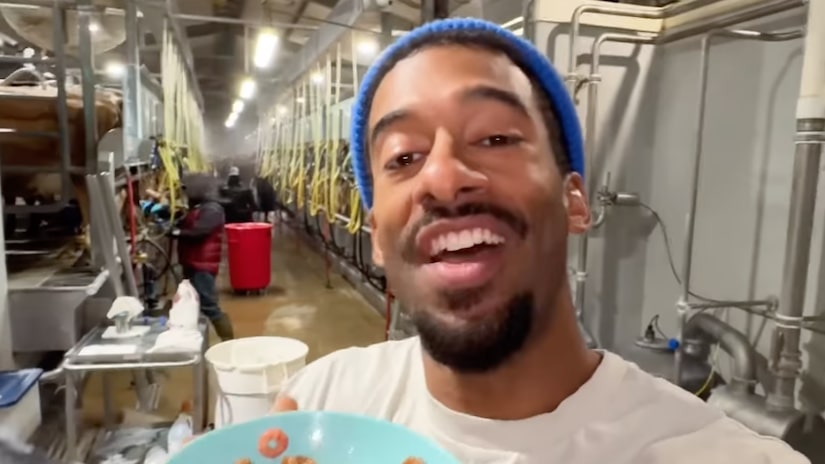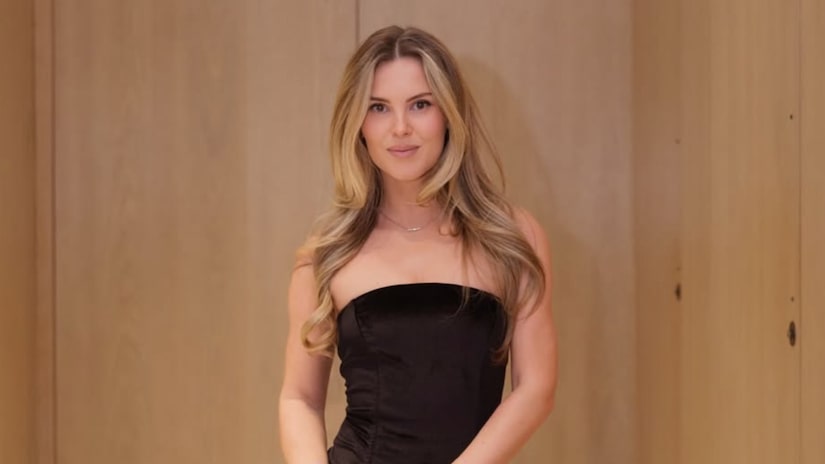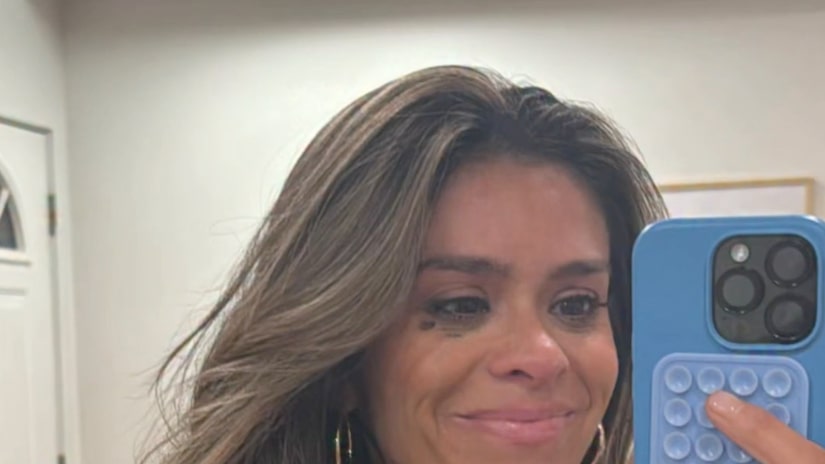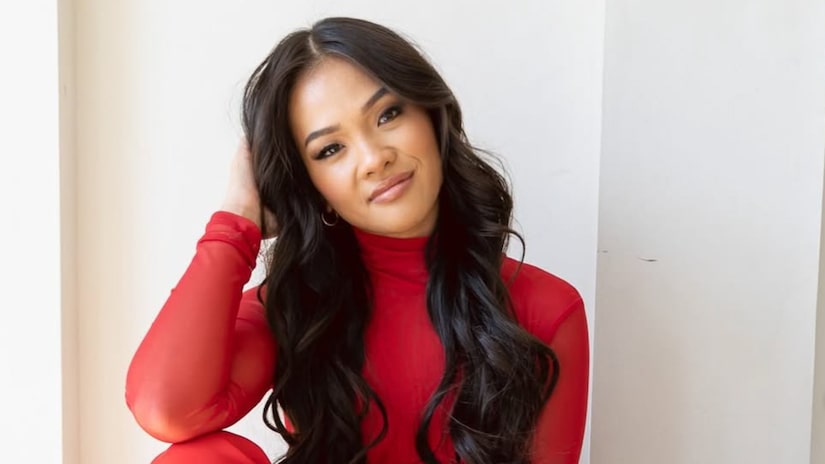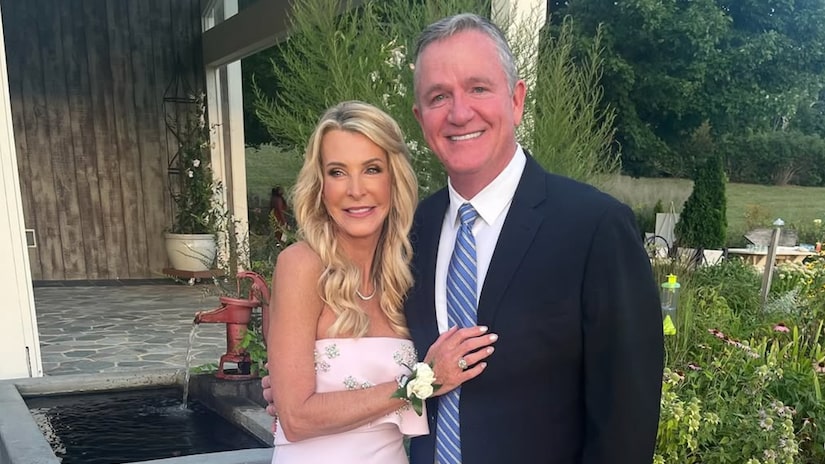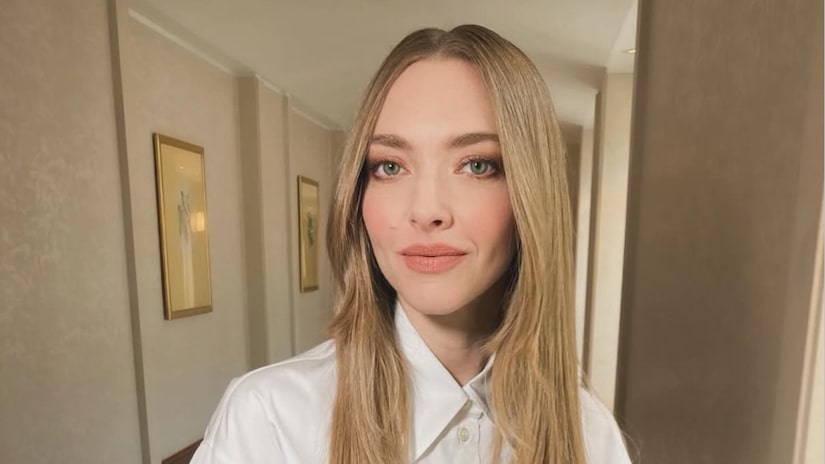May 18, 2022 bachelor insider
EXCLUSIVE: Clayton Echard Discusses Therapy, Social Media, Support from Susie, and More for Mental Health Awareness Month

May is Mental Health Awareness Month here in the United States, and former Bachelor Clayton Echard is opening up about his mental health journey.
Each year, millions of Americans face the reality of living with mental health struggles, and this month, we are joining the national movement to raise awareness about mental health and destigmatize having these important conversations.
Clayton sat down exclusively with us here at BachelorNation.com to talk about his own experience with mental health and how he’s navigated everything from finding a therapist to setting healthy boundaries on social media and more.
Check out our entire conversation with Clayton below.
Bachelor Nation: Clayton, thank you so much for taking the time to chat with us about the importance of Mental Health Awareness Month. What does mental health mean to you?
Clayton Echard: Thank you for having me. Mental health is important to talk about this month and beyond. The more I continue to talk about it in my own life, the more I learn as I express my own thoughts. For me, mental health is a journey and it has a different meaning for each person. It’s about learning more about yourself and being able to connect with others about the issues we face. Even though everyone’s experiences are different across the board, for me, mental health is having a community of people surrounding me and working together through shared experiences to solve our problems at hand.
Waiting for your permission to load the Instagram Media.
BN: Absolutely. Having a community to work through mental health struggles is extremely important. You’ve discussed how you have a therapist as a member of your mental health support system. How did you go about finding the right therapist for you?
CE: “The Bachelor” provided me with my first therapist, and then after the show, it was about reaching out and doing research to find the right one. Thankfully, one of the first connections to a therapist I had has worked out really well for me so far. I think it’s so important for people to screen therapists the same way you would screen a friend. Not everyone you talk to is going to be the right therapist for you. It was important for me that right out of the gate I felt comfortable opening up to that individual because at the end of the day, your therapist is who you should feel completely comfortable opening up to. You want to talk to someone you feel safe with and you don’t have to hold anything back due to fear of judgment.
BN: That’s great advice. Doing your research and feeling out options is really important when looking for the right therapist. What are some other ways outside of therapy that you maintain your mental health during challenging times?
CE: Fitness is one of the biggest ways for me. But also, I honestly spend a lot of time having conversations with my friends, family, and Susie. Talking about what I’m going through has allowed me to make sense of the jumbled thoughts going on in my head at times.
BN: Leaning on your support system is definitely important. Are there any specific ways that you and Susie support each other as partners when one of you is having a bad mental health day?
CE: For us, the biggest thing we’ve realized is it’s so important to listen and allow the other person to get whatever they need to get off their chest. Even between the two of us, we struggle with different things, so in those moments, we just lend our ear to the other person and let them know that they’re being heard. And now that we’re living together, we’re finding ways to schedule uninterrupted time to talk and check in with each other. We’re trying this cool thing where starting at 7 p.m. we shut our phones off and spend the last few hours of the night fully present with each other no matter what. It makes it a lot easier to follow through with something when you actually plan and establish those boundaries. So that blocked-off time allows us to be actively present and put our phones down. We are just starting, so we’ll keep you posted on how it goes. I imagine it’s going to continue to be really great!
Waiting for your permission to load the Instagram Media.
BN: I love that idea! What a great way to really be present and there for each other. You spoke about your mental health struggles both on “The Bachelor” and after the show on social media. Was there a moment when you decided to be so open and honest about your mental health journey?
CE: While I didn’t have a presence on social media or a public platform before the show, I was still open about my mental health in my life. I just didn’t have as big of an audience. After the show as my audience grew, it just felt like my calling to talk about it. Mental health has always been something I’ve been passionate about and I’ve always been comfortable talking about my own mental health struggles, so with this platform, I wanted to use it for good. I wanted to make a difference where I felt this platform allowed me to do that, so it just felt natural to be open and honest about my own mental health.
BN: And while you’ve been honest about your mental health online, you’ve also gotten candid about the hate you’ve received on social media. What are some ways you protect yourself and set boundaries with social media to maintain your mental well-being?
CE: It was a lot of trial and error for me. I thought I could handle bits and pieces of the negativity, so I would look online at the comments because I wanted to know what was out there. I felt like I could handle it, but there was a point when there was just too much negativity. That point varies from person to person, but for me, I knew when it became destructive for me. I started to see more and more messages, which made me question my own character. At that point, I realized that it had gone too far and I needed to set a boundary and take a break. Even though I was curious what people were saying, I knew it was impacting my mental health and was becoming too detrimental. My curiosity needed to take a back seat to the fact that my own beliefs about myself were being damaged. So when I get overwhelmed, I just need to step away and remove myself from all virtual environments.
Waiting for your permission to load the Instagram Media.
BN: Agreed. Setting those boundaries is extremely important regardless of how big your platform is. And while you’ve seen the dark side of social media, you’ve also shared a lot of the positive messages you have received from fans. What does it mean to you when someone else reaches out sharing how you’ve helped them on their mental health journey?
CE: When I started talking openly about my mental health, my whole thought was that if I can even get just one person in my DMs saying that my message impacted them positively, it was all worth it. It really doesn’t matter to me the number of people that reach out. I’m truly just sharing my story and experiences so that others can feel more comfortable and less alone. So anyone reaching out to me and saying I made a positive impact means so much. I don’t think you can put a price tag on feeling like you’re helping better someone else’s life.
BN: Yes, we love to hear that. Why has it been so important to you to speak out about mental health specifically as a male athlete?
CE: In the sports realm and with football specifically, there was an alpha male mentality. I always say this with air quotes, but people would say that “real men don’t talk about their emotions.” That was the message that was conveyed to me growing up, whether it was said verbatim or just implied. A lot of men in those kinds of environments grow up thinking that their mental health issues wouldn’t be accepted, so they suppress them because they don’t want to be judged. This just leads to never correctly identifying the problem or finding a solution, because to do that, you’d need to address your mental health and bring it to light. A lot of men feel like it’s better for them just to keep their struggles hidden, but I’m trying to change that narrative. Hopefully I’m just one example of many more people that will step up and say that I’m no less of a man because I’m talking about my mental health. In fact, I feel like I’m more of a man because I’m comfortable in my own skin and I’m willing to speak about how I feel.
BN: Absolutely. That’s a great message for everyone, regardless of their gender. You’ve also been open about your journey with body dysmorphia. Do you have any advice for someone dealing with a similar struggle?
CE: It’s important to note that body dysmorphia impacts everyone differently, so first and foremost, give yourself some time and patience with all of it. But if you’re struggling with body dysmorphia, it’s so important to educate yourself. Go online — we have incredible access to so many different materials and/or health care professionals that deal with these specific issues. Whether that’s a therapist or even just hearing another person’s story, there is some great advice out there. I took it upon myself to read other people’s stories on their blogs and whatnot, and it allowed me to see that I wasn’t the only one struggling. It was huge for me to feel less alone. Feeling less alone took off some of the severity of the mental illness for me knowing that there were other people going through it. I found people to reach out to, and even though I wasn’t happy with the way my body looked, they helped me find healthy ways to change my body. And according to studies I’ve read online, body dysmorphia affects men and women equally, despite it not being talked about amongst men as frequently.
Waiting for your permission to load the Instagram Media.
BN: With your passion and candidness when it comes to mental health, where do you see yourself growing as an advocate in this community?
CE: I’m very passionate about conversations surrounding mental health as a whole, so it’s a matter of where I can really make the biggest impact. I want to be able to utilize my story to hopefully help others navigate their own journeys. I don’t know specifically what that looks like yet, but I do want to travel the country and have these conversations, whether that’s at high schools, colleges, or in corporate settings, it’s just a matter of where I feel like my voice is resonating the most. I want to make the largest impact possible to continue to foster these healthy conversations and at the very least open the door for someone listening to be more willing to have conversations about mental health with others.
BN: That would be incredible; definitely keep us posted on what you do! Last question: What do you think is the best way to support a loved one going through a tough time? Do you have any advice?
CE: It’s lending an ear and actively listening. You can tell if someone’s really paying attention to you versus just sitting there being quiet. It’s so important for someone who’s going through a mental health struggle that you really listen because they’re confiding in you and trusting you. That’s all we all want during difficult moments, right? To be seen and heard. Your loved one may not necessarily be looking for a solution or a specific piece of advice; they just may need to talk and get something off their chest. Sometimes by just listening, you are helping more than you realize. So show interest in what they are talking about and ask how you can help in any way possible, but oftentimes that’s simply through just listening, really listening to them.
BN: That’s great advice. Thank you, Clayton, for being so open and honest as always. We will catch up with you again soon!
If you or someone you know is struggling with mental health issues, there are ways to get help. Use these resources to find help for yourself, a friend, or a family member.




